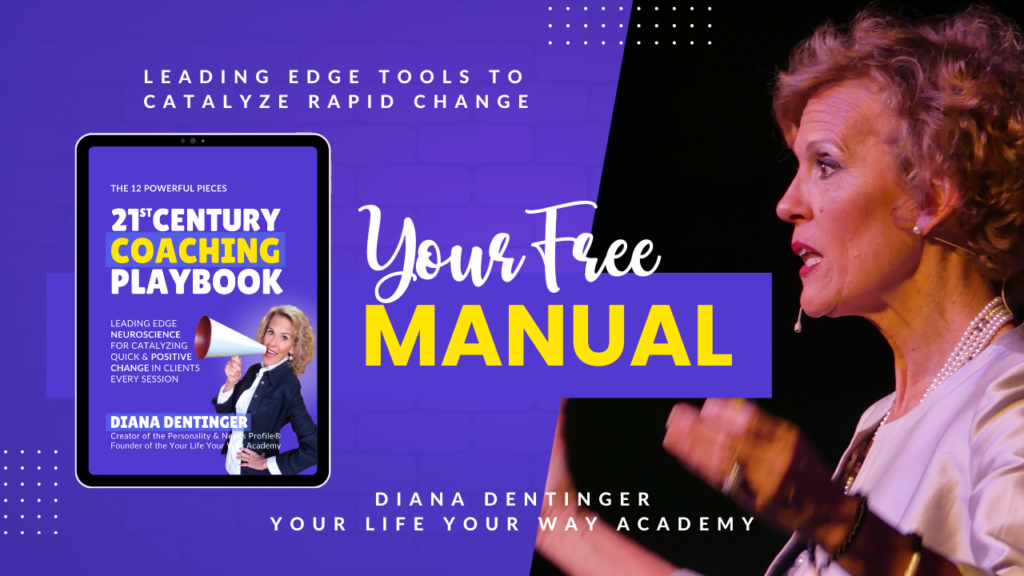Here is the list of what I see are the 6 toughest truths of the Coaching Industry. They are not necessarily in the order of importance for their “negative” impact on the Industry.
While reading these, please consider them as the “pink elephants” in the room. Clients outside of the Industry “see them” and have their doubts, concerns and questions. But Coaches unfortunately don’t see them.
Therefore, the communication between potential clients (even friends and family) and Coaches might be strained. With these tough truths, no amount of persuasion or convincing calms a potential client. These are not necessarily “your issues” as a Coach. They are “Industry issues”.
When reading these, with an open mind, remember that people outside of the Coaching Industry might be hesitant to hire a Coach exactly for the 6 truths stated below.
ONE: Certification Issues
The landscape of Coaching Certifications is bewilderingly diverse and inconsistent. On one end, online platforms like Udemy offer certifications for as little as $15, democratizing access but also diluting the perceived value of such credentials. On the opposite spectrum, becoming an Action Coach or similar high-end Certification can cost upwards of $75,000. This discrepancy raises questions about the true value and efficacy of these programs. The core issue is not just the cost but the uniformity of the curriculum across such a vast price range, prompting a deeper discussion on what constitutes adequate preparation for a Coach.
TWO: No Quality Control
With over 55,000 official Coaches and a low barrier to entry, the Coaching Industry is saturated and largely unregulated. This lack of oversight means that anyone, regardless of their competence or expertise, can label themselves as a Coach. The result is a mixed bag of quality, where potential clients run the risk of engaging with Coaches who may not only be ineffective but could also tarnish the reputation of the profession.
The Industry’s challenge is to establish a system that ensures quality without stifling the diversity and accessibility that make coaching appealing. An ICF accreditation really does not mean quality control. It means you put in the hours, but does not guarantee that you. got 100% results with 100% of the “guinea pig” clients.
THREE: “Success” Measurements
The metrics for success in the Coaching Industry are often murky. Many Coaches boast significant online followings, book sales, or course enrollments as evidence of their success.
However, these metrics do not necessarily correlate with the impact on their clients’ lives. A Coach might sell a million books, but this does not guarantee that a million readers have achieved their desired transformations. This discrepancy highlights the need for more robust, client-centered success metrics that reflect genuine, verifiable results.
Having testimonials helps. But if we get really honest, many of these written on the “top names in the Industry’s websites” actually come from their “friends” or fellow Mastermind Members. Naturally they join these 100K a year groups for this reason. It is an investment for cross promotions.
Look close, there are the same names, sames words, same pictures all saying the same “fluff” about each other. But doubtfully did they actually “work” with each other.
FOUR: Program Development
A significant number of Coaches lack a unique or proprietary program, opting instead to repurpose existing methodologies with minor tweaks. This was going on when I began my Corporate Training career at the end of the 1980’s. The latest self help book would come out and after a month Trainers would be turning it into a new course to sell. Validation they fully understood? A course just based on a book?
This recycling of content contributes to a homogenized landscape where differentiation is minimal. But when “copying” the original creator of a methodology, the process risks to become distorted, potentially even less effective. Coaches love to put their swing on things. Often this “make it mine” approach creates leaks in the system.
Furthermore, the advent of AI and its ability to create content has introduced a new layer of complexity, with courses being developed by individuals who may lack real-world Coaching experience or expertise. The challenge lies in fostering innovation and authenticity in program development, ensuring that Coaches offer genuine value to their clients. But how?
FIVE: Low ROI in Corporate
Corporate Training programs, often regarded as the pinnacle of Professional Development, due to their scale and scope, are facing scrutiny over their return on investment (ROI). The issue stems from a focus on “one size fits all” passive learning models that prioritize information exposure over experiential learning or persoanlised actionable outcomes.
This approach can lead to quickly forgotten lessons and minimal behavioral change, calling into question the effectiveness of such investments. See the statistics. The industry needs to shift towards more personalised (not one size fits all), practical, and application-oriented training models to drive meaningful results.
SIX: Self-Sustaining Industry
A curious observation within the Coaching Industry is its self-sustaining nature. Coaches often constitute the largest customer segment for Coaching services, investing heavily in their personal and professional development, in creating their brand, in learning the online business world, in setting up a website and cart, in creating free offers, in packaging their expertise, in crushing it on social media… and the list goes on.
This ecosystem fosters a cycle of continuous learning and improvement but also raises questions about the Industry’s external impact. Are we creating value primarily within the Coaching community, or are we extending this value to a broader audience? When you see the shiny Industry annual income, in the billions of dollars, you would think everyone and her brother are getting Coached.
Success Coaches rave that “there is no better time to become a Coach“. But is that because 80% close their business doors after 3 years? The Industry income does not speak about how many people outside of the Industry are getting Coached.
Anyway, potentially, the focus for the Industry could be on expanding the reach and relevance of Coaching, ensuring it delivers tangible benefits, beyond the confines of the Industry itself. Question: Can it?
Addressing these tough truths requires a collective effort to elevate standards, innovate genuinely, and prioritize the client’s journey and outcomes. The future of coaching hinges on its ability to evolve, ensuring it remains a vital tool for personal and professional growth in the 21st century.
A big part of my mission is to do exactly that. Being over 30 years in this Industry, entering as a Corporate Trainer, merging into Coaching, as well as become a Neurobiology therapist with a rigorous specialisation in unique individual programming, I see that most Coaches are not prepared to deal with the complexity of the human being and behaviour.
I prepared a FREE Pdf Manual, an “in a nutshell” version of my upcoming book “Coach for Consciousness” that you can access on the Your Life Your Way Academy website below.

